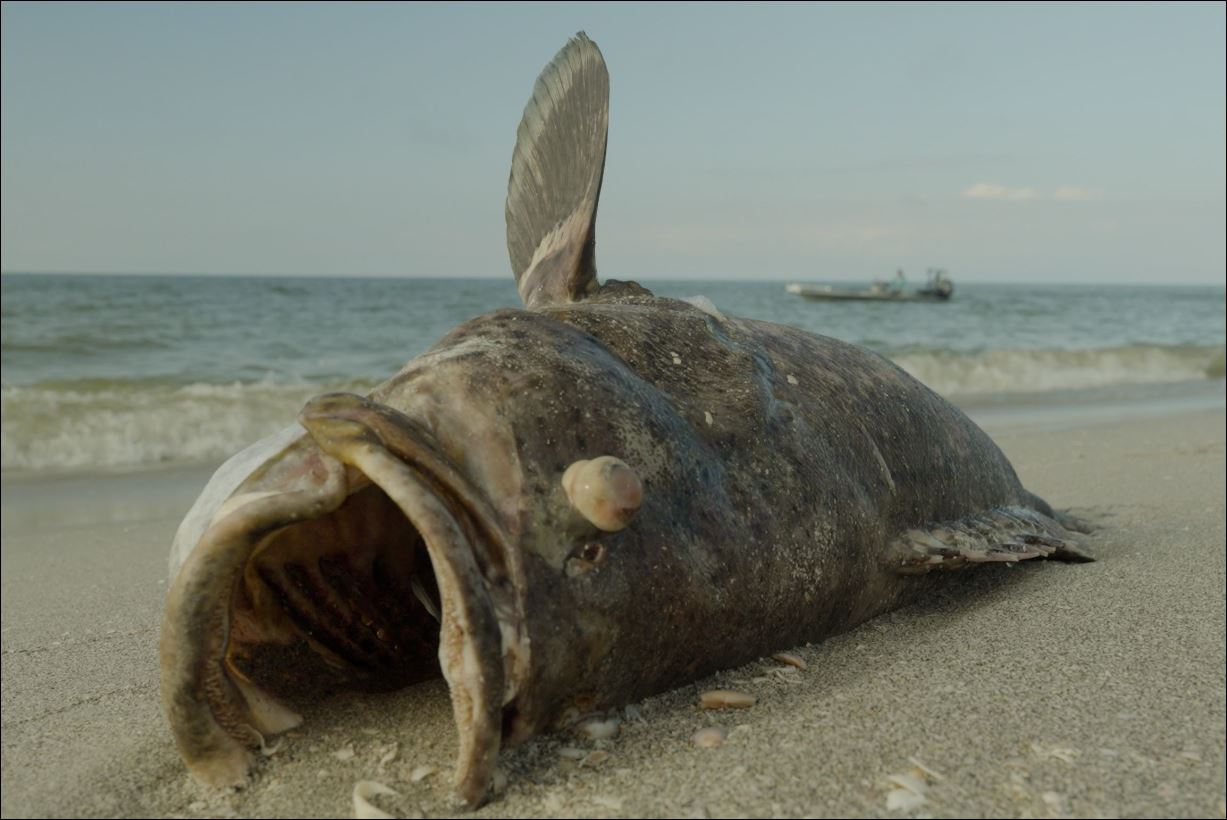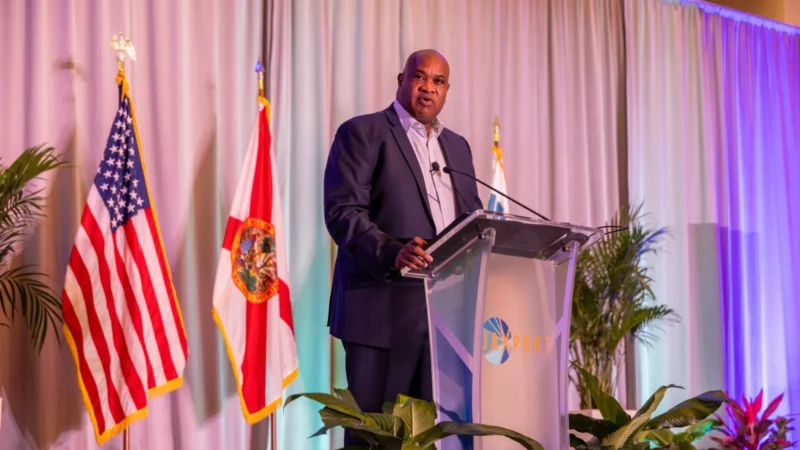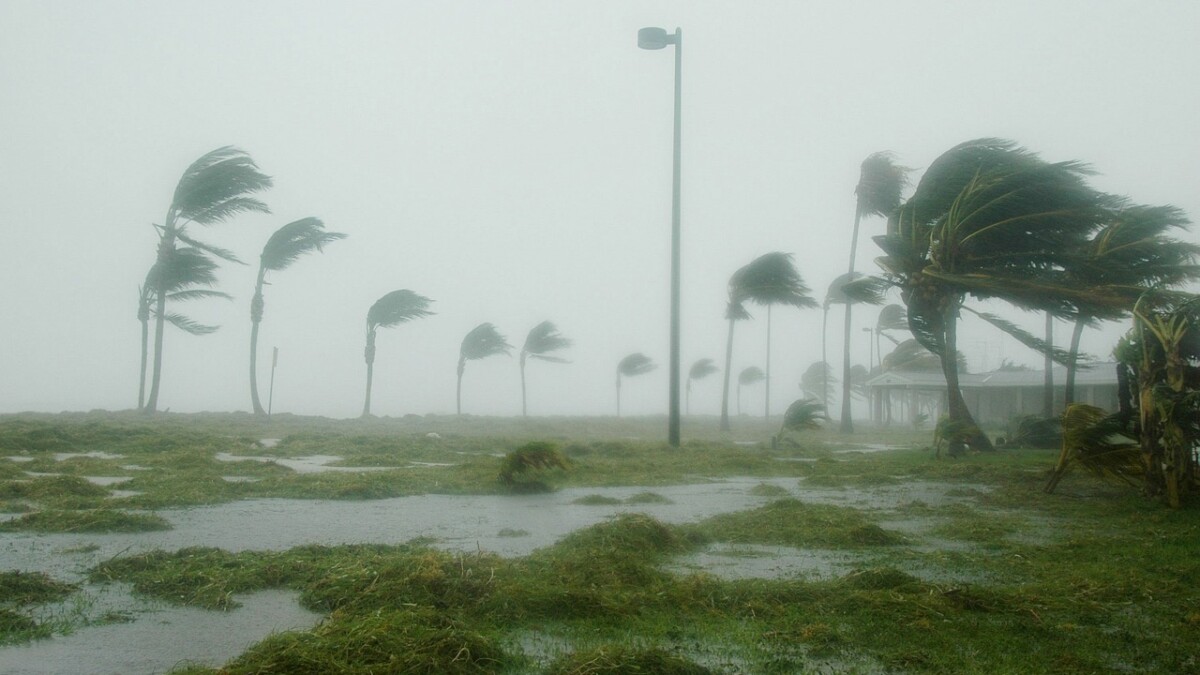Environmentalists remain perplexed by Florida Gov. Ron DeSantis’ recent veto of a wildly popular bipartisan bill to safeguard the state’s coastlines and protect the health of beachgoers because he found the measure “ill-advised.”
DeSantis said he vetoed the Clean Beaches Act because he believed it gave the Florida Department of Health too much power over local governments.
“This bill would have kept beachgoers safe and informed regarding the risks of swimming when recreating in Florida’s beach waters,” said Emma Haydocy, Surfrider’s Florida manager. “Surfrider Foundation and its Florida network (are) deeply disappointed by Governor DeSantis’ decision.”
The governor’s veto comes as Southwest Florida’s beachgoers are facing respiratory hazards from airborne toxins released by harmful algae blooms, diseases caused by human waste oozing into coastal waters from tens of thousands of abandoned septic systems in Lee County alone, and deaths from so-called flesh-eating bacteria.
DeSantis said in a statement that the legislation “suffers from a fatal infirmity,” because the Department of Health “should not be vested with the power to supersede local jurisdictions regarding the operation of beaches.”
The measure passed unanimously in both chambers of the Florida Legislature, a rare moment of complete agreement in Tallahassee.
The Republican governor’s veto was even more confusing due to his pattern of centralizing authority at the state level, often at the expense of local control.
Rep. Lindsay Cross, a Democrat from St. Petersburg who sponsored the bill, said the governor’s decision left her in disbelief.
“I thought there was no way the governor would veto something that was sponsored by a bipartisan slate of elected officials with unanimous approval in both chambers that would protect people’s public health.”






